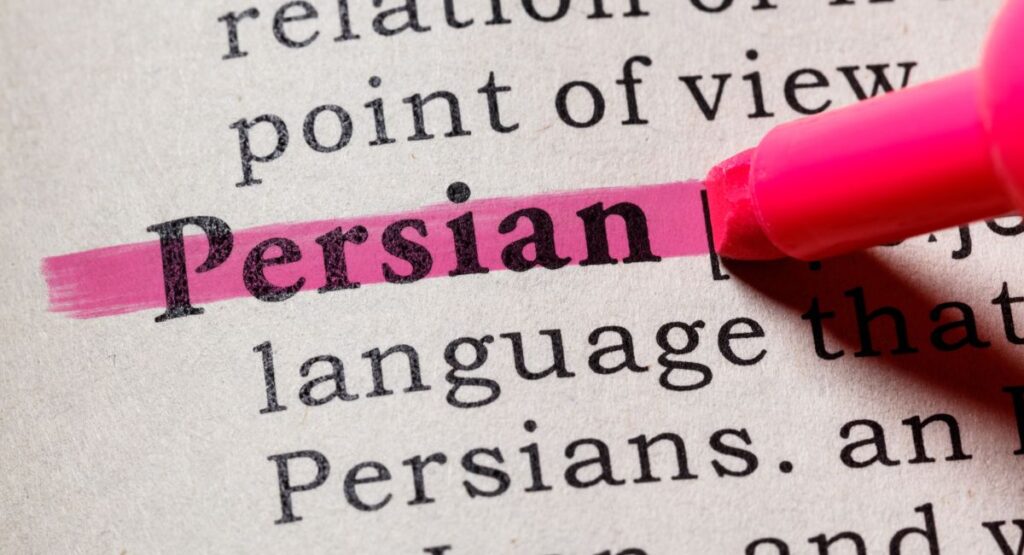Language in business is an essential tool in a globalized world. According to Statistics & Data, more than 7,000 languages are spoken in the world today!
International businesses need to overcome numerous language barriers in their operations and marketing efforts. But once they begin hiring multilingual employees, these barriers disappear. With the ability to reach out to people worldwide, their organizations begin to experience growth in new markets. As a result, languages in business become crucial for enterprise growth.
Language diversity in business is expanding and gaining importance now more than ever. The benefits of communicating in another language are immense for companies today. An organization that puts time and effort into language diversity not only creates a diverse workforce but also has the ability to reach new markets, stakeholders, and more.
In the following sections, we’ll discuss languages valuable for language diversity in organizations worldwide.
Table of Contents
5. Persian (Farsi): Embracing New Markets

Persian (also called Farsi) is another valuable language on our languages in businesses list. The language is the first language of over 110 million people worldwide. It’s an essential language for businesses around the globe that want to embrace new markets. Not only that, but Persian is
As in other countries around the world, Iran and Persian-speaking communities are experiencing the growth of a tech-savvy younger generation. This generation is connected to the Internet more than ever before. They favor social media platforms, such as TikTok and others, seeing products and services they’d also like to enjoy.
With so many Persian-speaking youth online, the business potential is waiting and ready to be tapped by international corporations. Businesses that reach out to this market successfully can reach new markets and audiences. They also establish new ties with firms in neighboring countries where Persian is spoken and more.
Here, again, the key is the successful translation and localization of a company’s content. These are crucial to an organization’s success with Persian speakers.
4. Arabic: Unlocking Opportunities in the Middle East

The languages in business also include Arabic, another untapped market that could offer successful opportunities to organizations. In addition, the region’s economies are growing and diversifying beyond oil and gas.
According to Arab.org, there are 400 million Arabic speakers worldwide, who mostly live across the Middle East and North Africa. In addition, the Middle East has become a business hub in recent years, being positioned between Europe, Asia, and Africa.
Here, multinationals can find a world-class infrastructure ready for them, along with lower taxes and a highly educated, qualified workforce. Moreover, the region offers companies a high profit with a strong economy and lower operating costs.
The way businesses can get ahead in this market is to understand how business is done and gain insights into the Arab consumer. They also need to realize that consumers in this market have the same demands as consumers in other parts of the world. However, it’s essential to consider the cultural and language sensitivities when contacting consumers in this region.
Essential localization tips include some of the following:
- Ensure final translations are read right to left.
- Translators must be provided with as much background information as possible.
- It’s highly recommended to use translators with knowledge and experience in Arabic countries; this improves their localization work when translating company information.
Companies that can grasp and understand the culture and language can expand their markets in this fast-growing area of the world.
3. Urdu: Tapping into a Growing Market

Next on our list of languages in business is Urdu. Urdu is spoken by about 230 million people, according to Statista, and it’s the official language of Pakistan and is recognized officially by India’s constitution. This language comes with a deep cultural heritage, and there are millions of people around the world who speak Urdu. As the national language in Pakistan and some parts of India, Urdu presents a vast new market for companies proficient in this language.
What makes the Urdu language have such potential for businesses? Here are some reasons multinationals and smaller organizations are reaching out to people in this market:
- High Internet use: this market has seen an explosion in the use of the Internet, with over 93 million Urdu speakers accessing the Internet on mobile and other devices.
- Increase in disposable income & spending: the economies in Pakistan and India are growing at a fast pace, with people ready to spend their income on goods and services.
- Growing need for localized content: Urdu speakers also want to see products and services localized to their culture and preferences.
These benefits mean there’s a high potential for businesses to expand their markets by using languages for business, such as Urdu. Multinational corporations, including the following, have become successful in using Urdu to reach valuable markets in Pakistan and India:
Unilever Pakistan
The multinational Unilever has been operating in this country since 1948. The company has successfully brought its products and messages in Urdu. In addition, Unilever is committed to the country and Urdu speakers, looking to increase economic growth in the region. As a result, it continues to invest in the country and contribute to Pakistan’s economy.
Samsung Pakistan
With headquarters in South Korea, Samsung is another country that has found success with Urdu speakers. As a result, the company has become one of Pakistan’s largest foreign investors. Samsung is dedicated to Pakistan’s economic growth and development and has been a significant employer and source of revenue for the country.
KFC Pakistan
KFC is another of Pakistan’s leading international businesses and has operated in the country for over 20 years. This multinational has been very successful and significantly contributed to Pakistan’s economy. KFC not only has a strong brand but it’s also been successful in adapting to the local conditions where Urdu is spoken.
Urdu Translation in Marketing: Captivate Audiences and Expand Your Reach
2. Turkish

The final language in this article is Turkish. That may come as a surprise for some; however, according to the World Bank, Turkey is the 19th largest economy in the world, with a GDP of about $906 billion. That makes Turkey’s economy one of the most valuable in the world.
What happens when you combine a thriving economy with a youthful population? The result is a highly valuable market that’s prime for multinationals and smaller businesses. These factors all come together to make Turkey and the Turkish language valuable to foreign companies.
Turkey is experiencing market growth with the adoption of the Internet and has a population that has money to spend. In addition, the country’s government also offers incentives to both local and foreign investors. These incentives involve reducing investment costs and creating an investor-friendly environment, making Turkey an excellent location to expand a business and reach new markets.
1. English: The Language of Global Business

English is sometimes referred to as the “language of business.” But why has the language become one of the most essential languages in business? First, it’s the official language of the United Kingdom, Australia, the United States, and many others.
According to Babbel, there are over 1.35 people around the world who speak English, with about 360 million who speak English as their first language. These stats are impressive and make English one of the most spoken languages in the world. It has become the “lingua franca” of business around the world.
Today, English is seen as a tool that can provide organizations and individuals with more opportunities than ever. Becoming fluent in English not only makes communication between people easier, but it also facilitates business negotiations, discussions, and building strong business relationships.
Businesses that are proficient in English can experience the following benefits:
- English is one of the main languages in business around the world.
- Negotiations, such as deals and contracts, are usually done in English.
- A shared language is also helpful when communicating with vendors, partners, and customers.
- English, compared to other languages in business, has become the standard for international communication channels, such as IM (Instant Messages), e-mail, and more.
With these benefits, organizations who use English have a lead over their competitors. They have a better chance of scaling with the use of English and other languages in business.
Conclusion
Diverse languages are crucial for business expansion in a globalized world. Furthermore, Urdu, Arabic, and Persian offer immense untapped markets that can be valuable for multinational businesses.
Language proficiency, localization, and translation services are essential to reaching these emerging markets. Using the services of a professional translation agency, such as Pollion, can mean the difference between business success or failure in these profitable markets.
